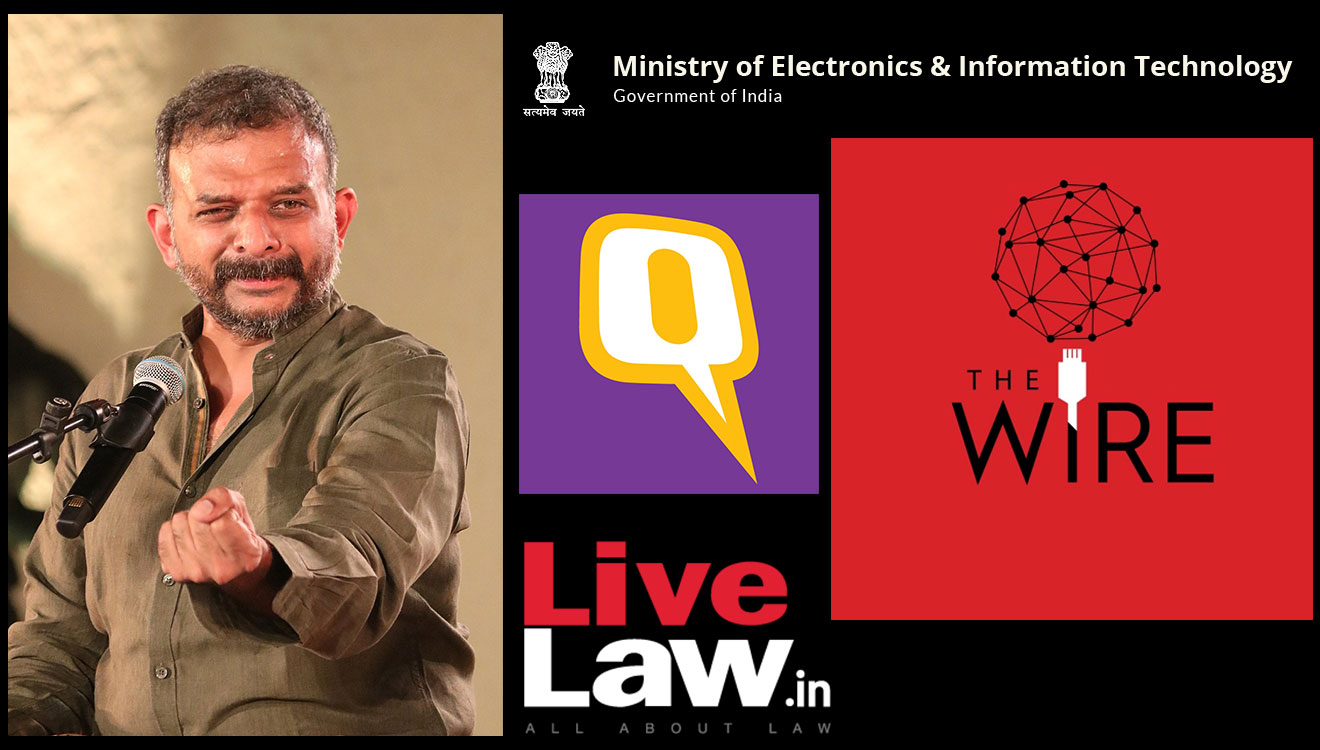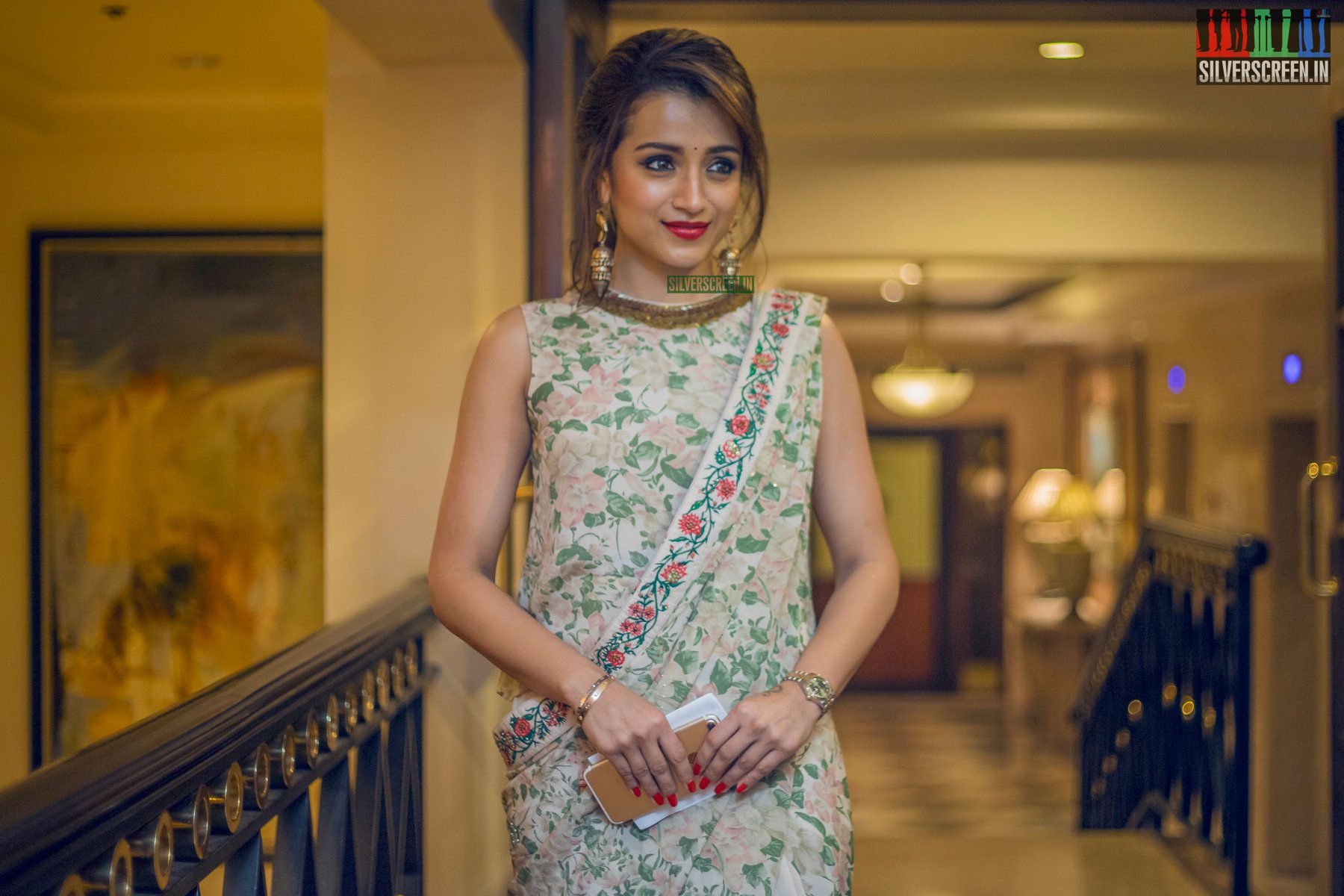Come December, I will be married eight years. I have two children, and we have been parents for the last 5 years. My father found him on BharatMatrimony.com. When this was happening, things at home had reached a point where my father told everyone that he would just go ahead and “fix this proposal”. I was considered incredibly stubborn and picky, for a fat girl. However, I was fair. I was eligible, but anyone who said yes would be doing me a favour. For the record, I have two master’s degrees and in 2012, I had a full-time job. I am female and it was difficult for most older adults to fathom that I had something to say about the parade of men my family assumed appropriate to blitzkrieg me with.
It gets worse, but this is not a tell-all memoir. Or my personal blog.
Facetious platitudes are perhaps what describes Indian culture best—both in India and in the diaspora. Our lives are so governed with image management in general public that we have forgotten how to be authentic. At this point, it is best if I tell you that I am going to be writing about Indian Matchmaking, Netflix’s latest “cringe watch” (according to #critictwitter). Friend, you’ve had a love marriage, that is why you think this show is cringe. I have had an arranged marriage and let me tell you, this show is the best introduction to upper class/caste Hindu Indian society ANYONE will ever get.
The premise of Indian Matchmaking is straight up – a middle-aged Hindu woman goes about Mumbai and offers up her matchmaking services to families. She also goes to weddings and is constantly about her business. Also in her team are a face reader and an astrologer. According to her, this whole thing stems from her love of meeting people and distributing happiness and blessings. Said in the most unironic and genuine way, you realise that she means every word.
Sima Taparia, the show’s main focus is a typical aunty. Her main advice is “marriage is about adjustment and compromise”. Her sentiments find echoes in mainstream Indian society, and is pretty much the bedrock of all marriage counselling, across faiths and all strata and diaspora. Having had an arranged marriage herself, and one that is successful, she believes in the institution with a vehemence. She also has a Delhi-based associate who is a self-proclaimed progressive matchmaker. But Geeta aunty is a regressive aunty with a polished accent, she doesn’t get much air time, so it is best that we leave her behind.
Sima maami, or aunty, sits with her husband over hand-written forms and makes biodatas of young people and circulates them to her clients. This is a familiar process for those of us who have had the distinct misfortune of having perused these documents, offline and online. My father’s luck at foisting his fat but fair daughter on the next Malayali Ezhava boy was terrible, because I was the one collecting all the biodata that came in the mail. The only plus is that my younger brother and I spent hours laughing at the profiles we were sent. To all of those men, and to me, why on earth did we let our parents represent us? Parents are terrible at representing children.
Indian Matchmaking is not a terrible show. It is reality TV, with the same quality of production as most reality TV shows. Let’s not get mixed about the genre. The reason it is trending is because Indians have this terrible habit of being offended when the lens through which we come off bad-looking is given to us. Indian Matchmaking is just that, a lens. It makes us look like we are all actively terrible people who are obsessed with caste, class, status, and privilege. Breaking news, we are.
While the men in this show were somehow given a softer and more empathetic gaze, even Akshay believe it or not, the women were not exactly shown in a forgiving light. Aparna came off as excessively demanding, Nadia as too desperate, Ankita as too difficult. You want to know what all of these women had in common? They were educated, financially independent, and did not want to be housewives. To the matchmaker, finding these girls progressive men who would “allow” them liberties was the challenge.
I think the showrunners wanted an authentic version of The Bachelor, India, and they couldn’t have done better. The end results make for some compelling television, and this show is a far better look at the Indian diaspora than most. Coming on the heels of Never Have I Ever and its largely skewed diasporic perception, this show makes our NRI cousins look human and reasonable.
The arranged marriage culture has changed, and it is evident in the show. It is also important that we put this show in context. Indian Matchmaking is about people who have the privilege to refuse. There are many young men and women who get married who don’t have any say in the matter, and they, like the long-married couples featured in the beginning montages, meet on the day of the weddings. The young men and women in Indian Matchmaking have the luxury of putting themselves on international shows and of saying “let’s see where this is going”.
Recommended
Indian Matchmaking is not pretending to be anything more than popcorn TV. To those who are pissed off AF about the show and what it portrays, which parallel universe do you live in? There is nothing in this show that is new, different, or unique. This is everyday life. It is a reiteration of a society that has reduced a person’s existence to a heteronormative, social contract. The worst affected here are the women and you just need to watch the show to see the kind of ridiculous pressure that they are under.
Shows like this hold a mirror to who we are and the things we hide when we tweet progressive, liberal ideas on our micro blogs, stories, posts, the works. The show is an incentive to break the cycle, to stop enabling the “it is the woman who must accommodate the man” idea in a marriage. It is a conversation starter and hopefully rather than post well-worded hot takes, we would instead reach out to people whose families are putting them through this nonsense and share a kind word.
Also read, The Things We Think About NRIs Is Now A Web Series



